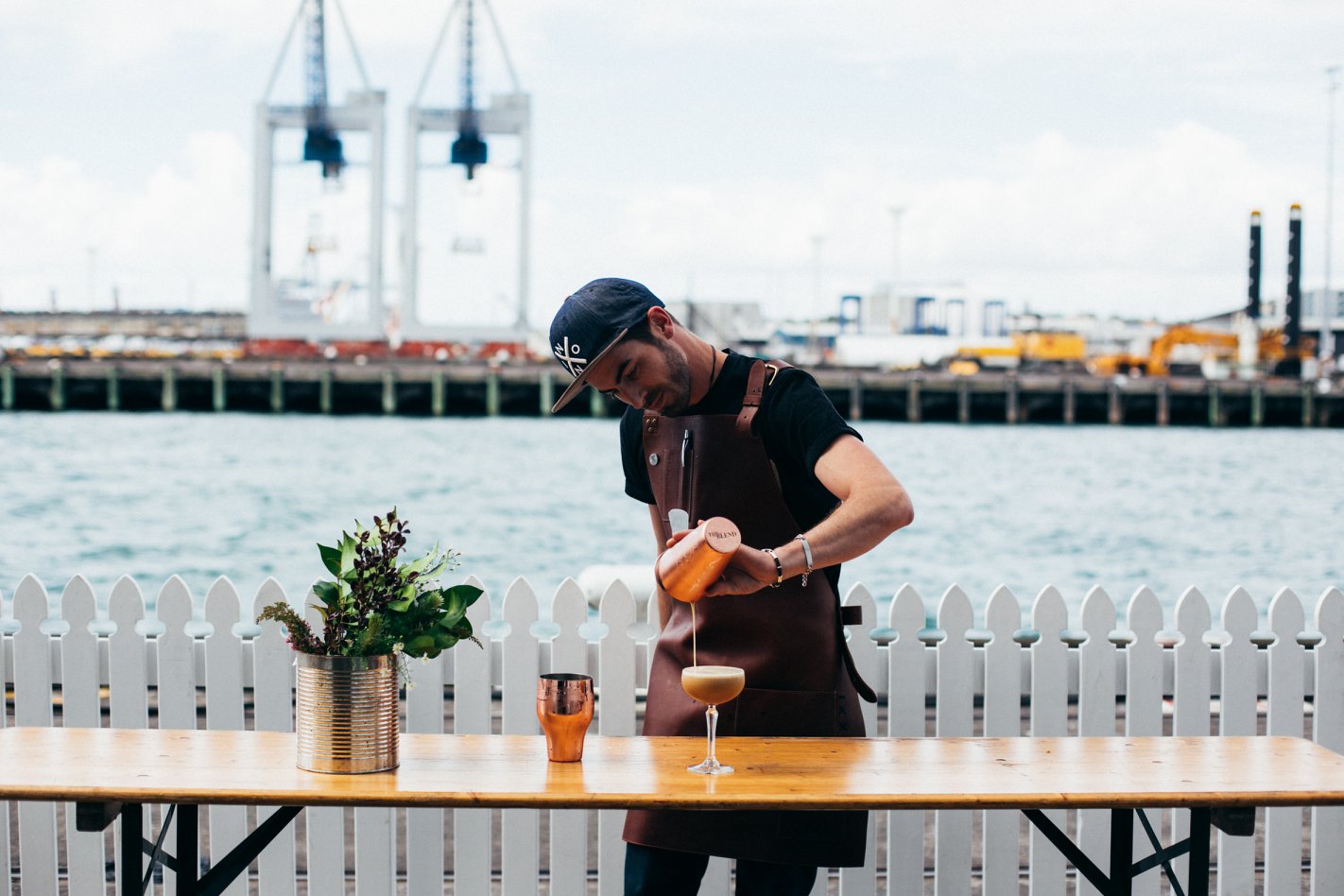Will Tong, Rachel de Lacey and their three children have finished their challenge to live for six months without a supermarket, but they didn’t go rushing back to a supermarket when the challenge was done. Now begins the quest for the perfect balance between convenience and consciousness.
Will Tong, Rachel de Lacey and their three children have finished their challenge to live for six months without a supermarket, but they didn’t go rushing back to a supermarket when the challenge was finished.
I don’t know what I was thinking: maybe that they would be letting off party poppers and drinking champagne, the table laden with supermarket loot, and all their friends and family singing “Happy supermarket to you!” Despite my repeated questioning about how Rachel and Will were going to celebrate the end of their supermarket-free challenge, the first of June snuck up rather quietly.
That was because Rachel and Will surprised even themselves by realising that they didn’t want the challenge to end! Instead of jubilantly rushing down the supermarket aisles when the challenge finished, the couple were busy plotting how they could extend the challenge. “We had got so used to our new way of life, we just didn’t want to stop!” says Rachel.

“We can see now that the next stage is finding balance—the supermarket definitely has a place in our lives, but not the place it had before we started the challenge. Now we just need to do some readjusting.”
That includes assimilating everything they have learned during their six months of living supermarket-free. “Our new challenge is to continue being resourceful, even though we are able to access the convenient,” says Rachel.
“We have gained an extraordinary amount through this process—things we really don’t want to lose. Like buying bulk organic produce, growing more of our own food, thinking before we purchase, buying straight from the source and supporting local businesses. Most of all we’ve become much more conscious and appreciative. While our food was not as rich, our lives got richer, and we really developed a strong sense of gratitude.”
“All the fundamental aspects of this challenge benefited the family as a whole. We developed a closeness by pulling together and being resourceful: gardening together, making things for gifts, going to local markets, getting to know our community and baking for lunches. We taught the children traditional skills like bottling, making yoghurt, baking and cooking, sewing and mending whilst educating them about where the things they eat come from—hopefully teaching them to live sustainably and ethically.”
It has been exciting for the pair to see friends and colleagues pick up on the challenge too. “Some people were really sceptical at first, and lots of them said they just didn’t have the time to be running around to different places to source produce all the time—or to make their own,” says Will. But as the challenge has progressed the couple have often had people come up to them to tell them about some little change they have made in their weekly routine. One friend started buying their cheese from a local producer, others started using vinegar for cleaning, took up home preserving, made their own bread or kept chickens. “Even if it’s just one thing, it is really great to see the trickle-on effect of our challenge!”
Are you inspired? Here are some other ways that Rachel and Will’s friends supported the challenge:
- Starting up a vegetable garden
- Buying at least one product a week from the person who produced it, and getting to know the owners at the same time
- Buying more from the health food shop
- Buying in season
- Baking more often
- Visiting the local markets
- Joining vegetable co-operatives
- Swapping with each other







